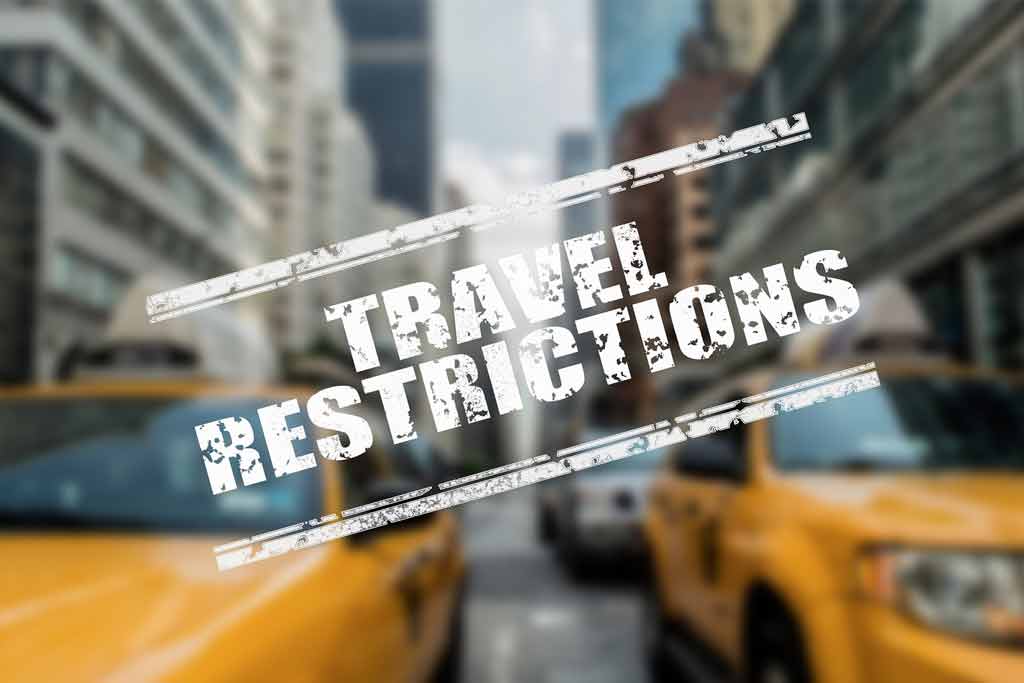 One day after Governor Cuomo announced a state travel advisory requiring travelers to states with high rates of coronavirus spread to quarantine for 14 days upon returning to New York, a clarification was made regarding employee paid leave rights. Executive Order 202.45 outlines how paid employee leave is impacted by New York’s travel advisory.
One day after Governor Cuomo announced a state travel advisory requiring travelers to states with high rates of coronavirus spread to quarantine for 14 days upon returning to New York, a clarification was made regarding employee paid leave rights. Executive Order 202.45 outlines how paid employee leave is impacted by New York’s travel advisory.
The travel advisory currently affects anyone traveling to New York from the following states:
- Alabama
- Arkansas
- Arizona
- California
- Florida
- Georgia
- Iowa
- Idaho
- Louisiana
- Mississippi
- Nevada
- North Carolina
- South Carolina
- Tennessee
- Texas
- Utah
This is based upon a seven day rolling average, of positive tests in excess of 10%, or number of positive cases exceeding 10 per 100,000 residents. Anyone coming to New York from any of those states must quarantine for 14 days.
New York’s COVID-19 Paid Sick Leave Law states that employees subject to a mandatory or precautionary order of quarantine are eligible for paid sick leave. Any such quarantine order must be issued by a government entity, such as the state or a local health department, in order for an employee to qualify for the paid quarantine sick leave. Since the travel advisory requiring quarantine was issued by the state, it seemed that any employee traveling from a state on the list would be eligible to be paid while in quarantine for 14 days after returning to New York.
The governor’s clarification removes this loophole. Now, if an employee voluntarily travels to a state covered by the travel advisory after June 25, 2020, they will not be eligible for the state’s COVID-19 Paid Sick Leave Law benefits. Employees that voluntarily traveled to a foreign country subject to a CDC travel notice were already ineligible for the paid leave, so this new clarification only impacts domestic travel.
There may be an exception to the quarantine requirements for essential workers that are New York residents. The state Department of Health refers to previous New York guidance for essential workers, and advises they follow industry-specific guidelines as well. Essential workers arriving in New York who reside in a different state must follow the DOH’s guidance for short, medium, or long-term visits.
Employers in New York may wish to restrict where their employees can travel on personal time, as visiting a state under the travel advisory could present health risks. But this may not be legal due to anti-discrimination protections. Consult an employment attorney for more information.
isolved, GTM’s payroll and HR platform, makes it easy for you and your employees to manage paid leave benefits with accurate, customized reports for FFCRA and CARES Act credits, as well as tracking and limiting the necessary caps and guidelines for both the temporary expansion of FMLA and Paid Sick Leave. Request a free quote to learn more.

